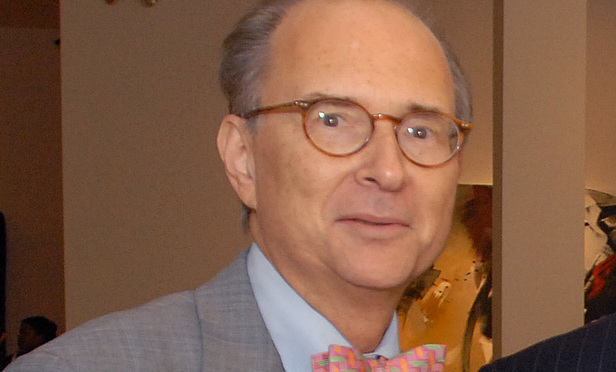At a suppression hearing involving physical evidence, the defendant has the ultimate burden to establish the illegality of police conduct by a fair preponderance of the credible evidence.1 Nonetheless the People have the initial burden of going forward with credible testimony to establish the lawfulness of police conduct.2 This year a number of courts have found testimony by police officers to be unworthy of belief resulting in the suppression of physical evidence. In addition, one appellate court has reversed a conviction based upon police testimony at trial found by the Appellate Division not to be credible.
A suppression court will find that the People have not sustained their initial evidentiary burden if the court finds that testimony is incredible as a matter of law, has all the appearances of having been tailored to nullify constitutional objections, is evasive or disingenuous, is physically impossible, or is contrary to experience.3 Nonetheless, in the overwhelming number of suppression hearings, prosecutors are able to satisfy their burden of going forward with testimony that is found to be credible by the suppression court.



